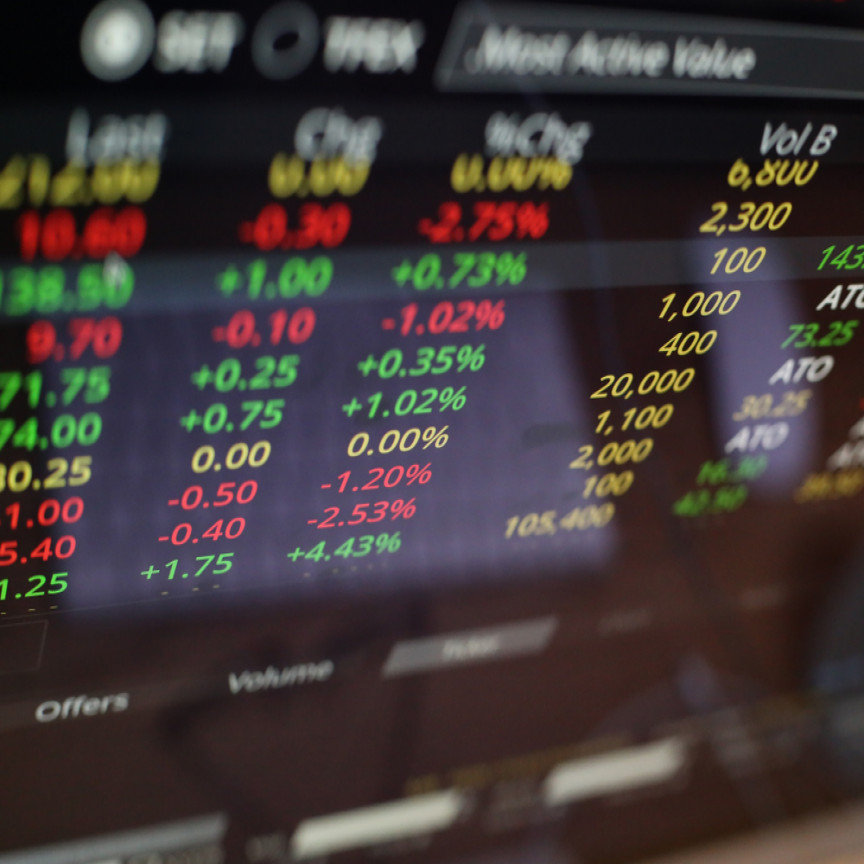If markets were to trend higher most of the time, it would have been extremely difficult to generate excess real returns.
Given the paramount level of uncertainty propelled by the COVID-19 crisis, investors have been panicking for quite a time now. We have been witnessing the widespread disruptions in the market.
So how does an investor navigate amid this market meltdown?
Inhale patience and exhale panic
Rapid decision making without an insightful thought may yieldunfavourable results. It is not only applicable to your investing life but your personal life as well. When the market value of your investment portfolio is trending downwards, it sure does make you panic, but markets have tocome down sometimes, which is inevitable.
As an investor, you should emphasise on positioning yourself amid such events while exhibiting patience, thoughtful decision-making process and beliefs on your convictions or thesis. Moreover, emotional management is very critical in investing.
Such events provide opportunities as well. It is just that the investor needs to acknowledge both sides of the market meltdowns – its doom as well as gloom. Having patience in your mind will allow you to think beyond the first-order effects, thereby making your decision-making process stronger.
Stop looking at your portfolio very frequently
Getting increasingly concerned about the portfolio would lead to additional panic when things are not panning out as you perceived. It would rather increase your panic. Although it is important to review your portfolio, which should be done by investors, they should emphasise on the news announced by the companies in the portfolio.
It would enable investors to execute informed decisions based on genuine fact rather assumptions.Amid meltdown, it is extremely important to undertake informed and well-thought decisions to yield better returns.
Related: Recession Pro-Scenario: Tips for Safeguarding/Building Portfolio During Bear Market
Diversification to manage risks efficiently
Portfolio diversification is one of the steppingstones in managing your investment portfolio. A well-diversified portfolio would enable an investor to weather extreme shock led by an overall market crash.
Investors should have safe assets as well as other assets in the portfolio. Safe assets like government fixed income securities would provide you with defensive proposition amid a market meltdown, and gold could be considered as well.
Within equities, investors have a range of options to diversify as the market provides large numbers of companies with different businesses and business models. Some stocks would indeed outperform even in the times of the market meltdown.
Consider a long-term approach, think in years and decades
Recessions and recoveries are part of the economic cycles that could not be escaped by anyone. The world has witnessed wars, epidemics, natural disasters, high inflation, low inflation financial crisis and whatnot.
Despite all the jitters, the world is still there, so are companies. Afterall stocks do rise over the long term, but they may exhibit short-term disruptions as a result a range of factors that are not only limited to the pandemic.
In the short term, the markets run more on investor sentiment and risk-appetite, but in the long term– it is more about wealth creation, free cash and reducing the indebtedness of the businesses – all of this would deliver the long-term shareholder returns.
Maintain cash with you, embrace averaging
Cash enables an investor to take benefits of market turmoil, allowing to use the capital when stock prices are trending as a result of wider sell off. A crisis comes with detrimental consequences as well as opportunities, and when it arrives you should have good levels of cash to deploy.
As most of the stock prices hit lower levels amid a market crash, buying more when the market price of the stock comes down would result in a lower average cost of acquiring a particular share.
Look for good businesses
Buying into business is easy, but evaluation of the same investment prior to allocating capital is very important. Businesses with a decenthistory of delivering results, maintaining sound capital allocation and management would allow an investor to build decent returns.
However, good businesses are not only the ones with history. Consider any growth company with solid market prospects over a long horizon – amid a market crash most of the stocks lose market value – and unproven businesses are the ones that are heavily neglected by the investors.
Balance sheet checks are very important to evaluate the near-term prospects of the businesses. It would allow you to assess near-term obligations of the business and how the business is capable of meeting those obligations.
Execute your plan efficiently and be open
Execution remains one of the key aspects for getting desired results. You can have an extremely convincing plan, but if you fail to execute it properly, it may not yield the desired results.
Panic and fear mostly lead to bad decisions, and efficient execution of the plan would be required at a time when your emotions are riding high. Embrace openness and talk to the people who disagree with your convictions. As everyone has a different mindset, the perception of each individual would be different, and taking others’ perception would allow to reconsider your approach or maybe it could unveil things that you didn’t think of.
Open mindset not only enables you to have your convictions criticised, but it also allows you to think beyond your convictions and beliefs while increasing your level of knowledge at the same time.






